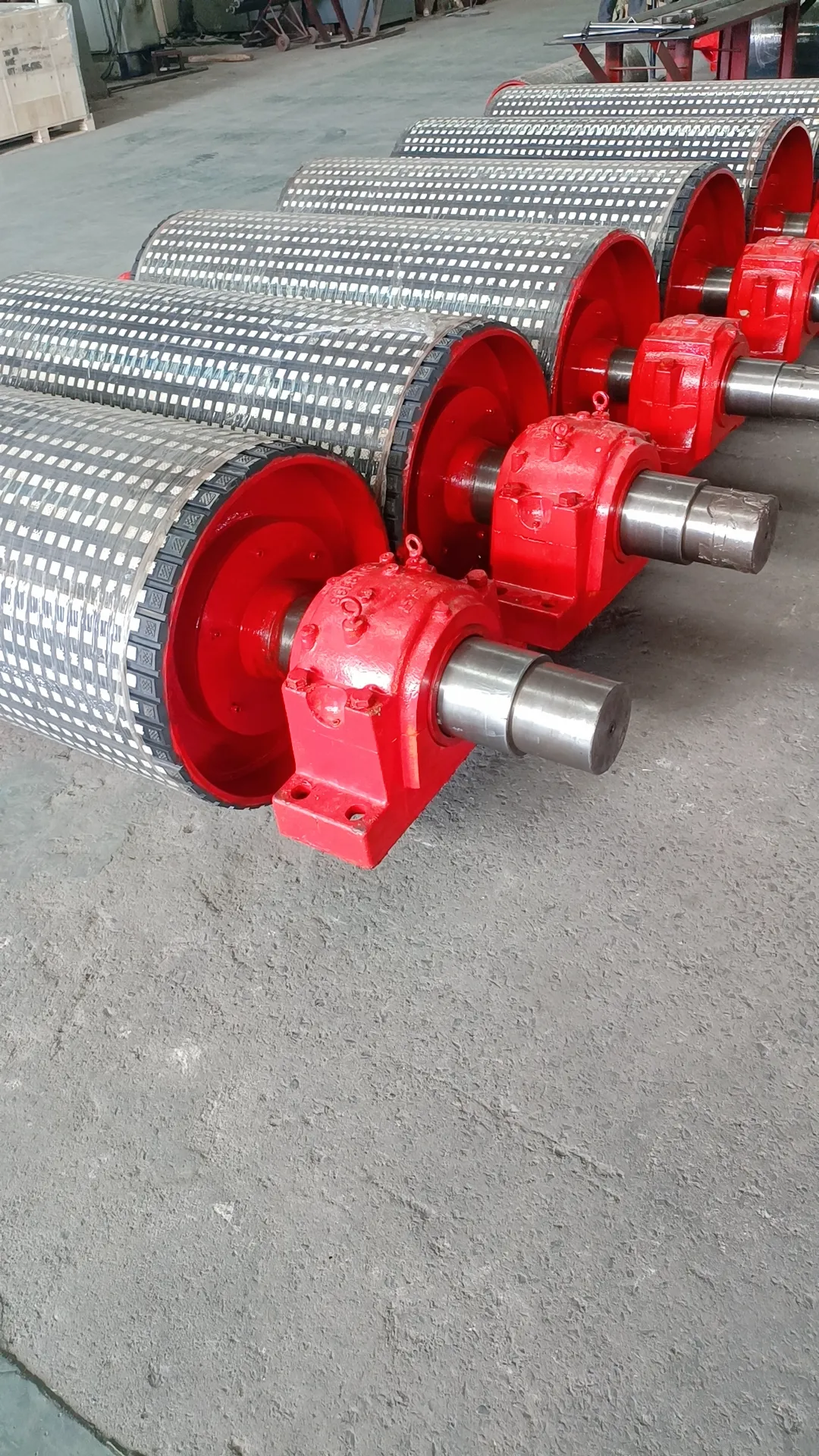 Afrikaans
Afrikaans  Albanian
Albanian  Amharic
Amharic  Arabic
Arabic  Armenian
Armenian  Azerbaijani
Azerbaijani  Basque
Basque  Belarusian
Belarusian  Bengali
Bengali  Bosnian
Bosnian  Bulgarian
Bulgarian  Catalan
Catalan  Cebuano
Cebuano  Corsican
Corsican  Croatian
Croatian  Czech
Czech  Danish
Danish  Dutch
Dutch  English
English  Esperanto
Esperanto  Estonian
Estonian  Finnish
Finnish  French
French  Frisian
Frisian  Galician
Galician  Georgian
Georgian  German
German  Greek
Greek  Gujarati
Gujarati  Haitian Creole
Haitian Creole  hausa
hausa  hawaiian
hawaiian  Hebrew
Hebrew  Hindi
Hindi  Miao
Miao  Hungarian
Hungarian  Icelandic
Icelandic  igbo
igbo  Indonesian
Indonesian  irish
irish  Italian
Italian  Japanese
Japanese  Javanese
Javanese  Kannada
Kannada  kazakh
kazakh  Khmer
Khmer  Rwandese
Rwandese  Korean
Korean  Kurdish
Kurdish  Kyrgyz
Kyrgyz  Lao
Lao  Latin
Latin  Latvian
Latvian  Lithuanian
Lithuanian  Luxembourgish
Luxembourgish  Macedonian
Macedonian  Malgashi
Malgashi  Malay
Malay  Malayalam
Malayalam  Maltese
Maltese  Maori
Maori  Marathi
Marathi  Mongolian
Mongolian  Myanmar
Myanmar  Nepali
Nepali  Norwegian
Norwegian  Norwegian
Norwegian  Occitan
Occitan  Pashto
Pashto  Persian
Persian  Polish
Polish  Portuguese
Portuguese  Punjabi
Punjabi  Romanian
Romanian  Russian
Russian  Samoan
Samoan  Scottish Gaelic
Scottish Gaelic  Serbian
Serbian  Sesotho
Sesotho  Shona
Shona  Sindhi
Sindhi  Sinhala
Sinhala  Slovak
Slovak  Slovenian
Slovenian  Somali
Somali  Spanish
Spanish  Sundanese
Sundanese  Swahili
Swahili  Swedish
Swedish  Tagalog
Tagalog  Tajik
Tajik  Tamil
Tamil  Tatar
Tatar  Telugu
Telugu  Thai
Thai  Turkish
Turkish  Turkmen
Turkmen  Ukrainian
Ukrainian  Urdu
Urdu  Uighur
Uighur  Uzbek
Uzbek  Vietnamese
Vietnamese  Welsh
Welsh  Bantu
Bantu  Yiddish
Yiddish  Yoruba
Yoruba  Zulu
Zulu Conveyor System Hanger Solutions for Efficient Material Handling and Support
The Importance of Conveyor Hangers in Industrial Operations
In modern industrial settings, efficiency and organization are paramount, and one of the critical components that contribute to this is the conveyor hanger. Conveyor hangers play an essential role in supporting and maintaining the structure of conveyor systems, which are integral to a wide range of industries, including manufacturing, packaging, and distribution.
Understanding Conveyor Hangers
A conveyor hanger is a specialized device used to suspend conveyor belts from a supporting structure, which could be beams, ceilings, or other frameworks. These hangers are designed to bear the weight of the conveyor system while allowing for smooth and efficient movement of materials. They come in various forms, including adjustable hangers that can accommodate different heights and angles, providing versatility in installation.
The primary function of a conveyor hanger is to provide stability and support to the conveyor system. By properly securing the conveyor at appropriate intervals, hangers ensure that the belt remains level, reducing the risk of material spillage and wear. This stability enhances operational efficiency and minimizes downtime caused by maintenance or repairs.
Types of Conveyor Hangers
There are several types of conveyor hangers, each designed for specific applications and load requirements
. Common types include1. Fixed Hangers These are stationary hangers that provide a secure attachment point for the conveyor. They are often used in situations where the system's design does not require adjustment.
2. Adjustable Hangers These hangers allow for height and angle adjustments, making them ideal for conveyor setups that may need to be modified over time. This flexibility can be particularly beneficial in dynamic industrial environments.
conveyor hanger

3. Heavy-Duty Hangers Engineered for high-load applications, these hangers are constructed from robust materials that can withstand significant weight and stress, ensuring the integrity of heavy conveyor systems.
4. Ceiling-Mounted Hangers For systems that need to be suspended from above, these hangers are specifically designed for ceiling installations, freeing up floor space for other operations.
The Impact on Efficiency
The installation of high-quality conveyor hangers directly impacts the overall efficiency of production processes. Properly installed conveyors reduce the risk of misalignment, which can lead to material jams and slow production lines. With conveyor hangers keeping the belt in place, operations can run smoothly, leading to increased throughput and productivity.
Moreover, the use of conveyor hangers can contribute to workplace safety. Well-supported conveyor systems are less likely to sag or collapse, minimizing the risk of accidents that can result from equipment failure. This aspect is crucial in environments where heavy equipment is in operation, as safety regulations must be adhered to rigorously.
Maintenance and Longevity
Regular inspection and maintenance of conveyor hangers are essential for ensuring the longevity of the conveyor system. Over time, wear and tear can cause hangers to degrade, leading to potential system failures. Industrial operators should establish a routine maintenance schedule to assess the condition of hangers and replace any that show signs of damage or wear.
In conclusion, conveyor hangers are a vital component of conveyor systems in industrial settings. Their ability to provide stability and support directly influences the efficiency and safety of operations. By understanding the different types available and their impact on production processes, companies can make informed decisions about equipment installation and maintenance. Investing in quality conveyor hangers can lead to significant improvements in operational efficiency, reduced downtime, and a safer work environment. As industries continue to evolve and demand higher productivity, the importance of reliable conveyor systems, supported by effective hangers, cannot be overstated.
-
Revolutionizing Conveyor Reliability with Advanced Rubber Lagging PulleysNewsJul.22,2025
-
Powering Precision and Durability with Expert Manufacturers of Conveyor ComponentsNewsJul.22,2025
-
Optimizing Conveyor Systems with Advanced Conveyor AccessoriesNewsJul.22,2025
-
Maximize Conveyor Efficiency with Quality Conveyor Idler PulleysNewsJul.22,2025
-
Future-Proof Your Conveyor System with High-Performance Polyurethane RollerNewsJul.22,2025
-
Driving Efficiency Forward with Quality Idlers and RollersNewsJul.22,2025





























